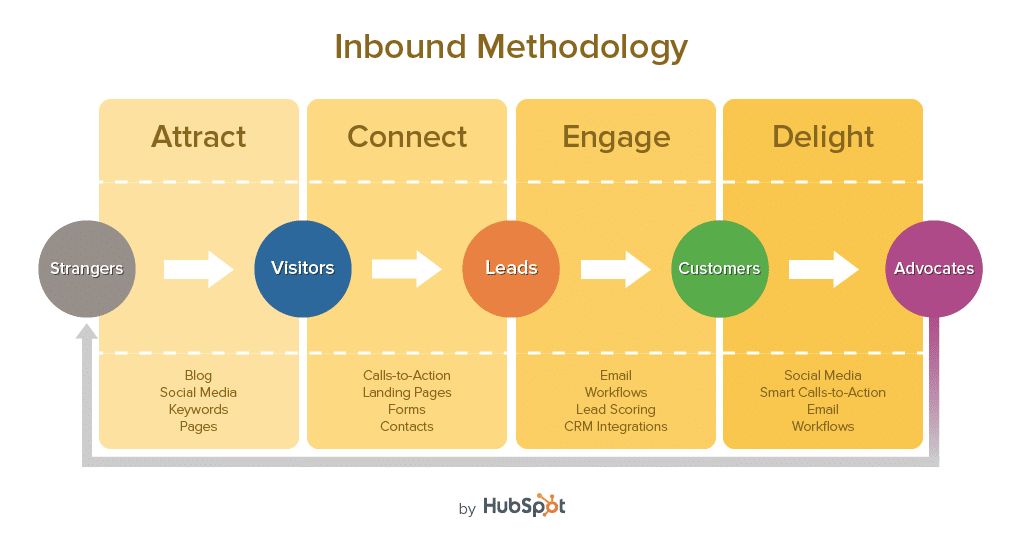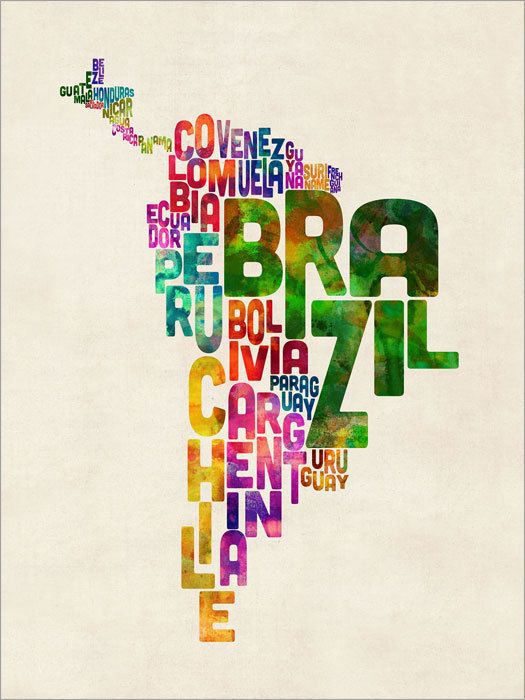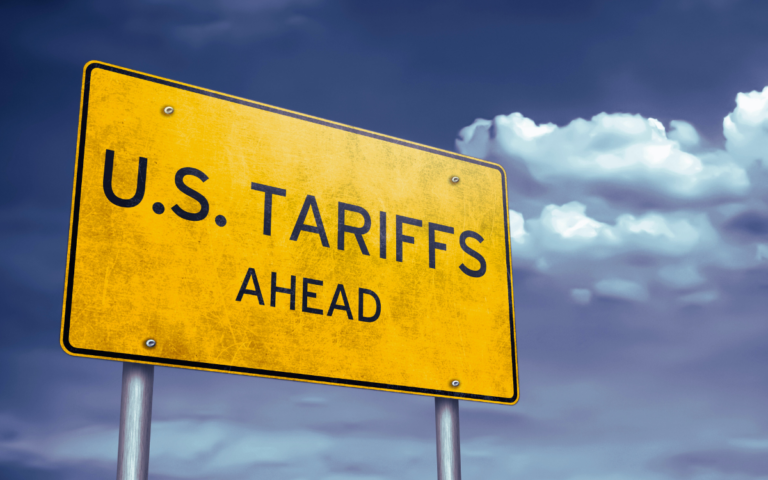Opportunities are usually found at the margins. Rarely do you find a plum reward, just waiting for anyone who will simply put in the effort to take it. But digital and mobile marketing in Latin America is ripe for picking.
By Marina Sanchez, Director of Business Development for Latin America, SGK
Latin America is the fourth largest mobile market in the world, with the most engaged social media users, avid video consumption, and nearly universal use of smartphones to help guide purchasing decisions. In a region where smartphones are considered a necessity, not a luxury, Latin America is full of promise for brands that can lead the way with smart digital marketing.
Forward-thinking brands are beginning to take advantage of these opportunities, but there is still much room for growth. Where should brands be focusing their resources? For insight, let’s look at the current state of inbound marketing and marketing automation, two of the most promising areas for brands to gain an advantage in the digital realm.
Inbound Marketing

Inbound marketing is relatively new in Latin America, but is rapidly gaining an important role in the region, especially in Mexico, Brazil, and Colombia, three of the four largest economies. A 2015 study of 2,700 marketers in the region found that 86 percent were familiar with inbound marketing and 60 percent had adopted inbound techniques, attracting well-targeted prospects by offering relevant content, predominantly using blogs and social media.1
The same study also revealed that companies in Latin America using inbound techniques spend 63 percent less to acquire new leads than using traditional channels, making inbound methods a particularly good fit for small and medium-sized businesses. And nearly 20 percent of Latin America marketers report that they prioritize visual and video content, compared to 11 percent of their North American counterparts.
Even with robust growth in inbound marketing techniques, there are still limitless possibilities for brands to engage consumers by offering content that invites anticipation, intrigue, and interaction. Unlike traditional outbound marketing, there’s no saturation point where your message can get lost in the noise, or where media buys become prohibitively expensive.
Instead, the challenge is to understand your target consumers, how they prefer to engage, and to provide content that will reach them through their favorite channels, encouraging consumers to participate with your brand over the competition.
Marketing Automation
Marketing automation isn’t just hands-off broadcasting of marketing messages. At its best, it can be described as the science and practice of using digital tools to understand consumers, reach them through their preferred channels, and optimize content based on their levels of engagement. In other words, marketing automation can be an ideal complement to inbound marketing strategies, providing automated intelligence to help brands understand, target, and engage with their primary consumers more effectively.
While more than one in three North American companies use marketing automation technologies, Latin American companies lag far behind—with only 3 percent identifying automation as a top priority for marketing software.2 There are a couple of reasons for this. One reason is simple lack of familiarity and expertise. Another is a mistaken perception that marketing automation focuses only on “spammy” outbound marketing, such as email blasts with very low conversion rates.
Large global brands typically employ agencies who know how to use marketing automation to build a profile of their users across many channels, with a rich context that allows for effective targeting of both inbound and outbound content. These same consumer insights are invaluable for smaller regional brands—but they can only be gained by investing in expertise and technology that goes beyond scattershot marketing to get at the heart of what the most likely prospects really want.
Putting It All Together
Social media use is huge in Latin America, driven by widespread adoption of the smartphone as an essential lifestyle accessory, the build-out of wireless networks in previously unconnected areas, and dramatically falling mobile data prices. Content consumption is also booming—especially video—for many of the same reasons.
Inbound marketing is growing, but still lags far short of the potential that these trends would seem to promise. And marketing automation is barely on the map. Brands that can put the big trends together while filling in the marketing gaps have an opportunity to dominate the digital marketing space.
Consider this example of a campaign that brilliantly combines mobile, social, video, inbound marketing, and marketing automation. A recent Sprite video promotion in Brazil encouraged viewers to submit their Snapchat “snapcodes” to a microsite, directly accessible by clicking a button on the Youtube video. Many of these snapcodes were selected for printing on Sprite cans. Consumers could then use their phones to scan the codes and connect with a different Snapchat user with each purchase.
The campaign put Sprite at the forefront of one of the most popular social networks among young people, fostered engagement in content provided both by Sprite and by Snapchat users themselves, and provided a goldmine of user data—all while giving people a compelling new reason to purchase Sprite—not just to enjoy a soft drink, but to enjoy new social connections and experiences enabled by the brand.
Opportunities Require Investment
Economic challenges, infrastructure gaps, and cultural barriers have kept Latin American brands from developing digital marketing opportunities in pace with their North American counterparts. But these issues are becoming less of a factor in many countries across the region. At the same time, digital marketing technologies and practices have been advancing rapidly. This is the ideal time for bold brands to make their mark and gain significant share.
But it requires a new attitude and approach. The most successful global brands know they need to invest in first-rate digital expertise and tools to develop a sophisticated, integrated digital marketing approach. It’s not just about creating content, maintaining a social presence, or delivering more messages to more people. It’s about drawing people into experiences that gratify, connect, and fulfill.
Digital technology alone can’t do that. Smart people who understand consumer motivations, market dynamics, and creative originality—in addition to digital marketing technology—can make all the difference. And that’s where smart brands will be making their strategic investments.
Think about it. Nearly a quarter billion smartphone users facebooking, tweeting and consuming content at significantly higher rates than their North American counterparts do—but receiving far less attention from brands online. Right now, there’s a lot of low-hanging fruit. Put your digital plan together, and help yourself.
Digital Latin America by the Numbers
- Smartphone use in Latin America grew at a rate of 22.2% in 2015, and is expected to reach 245.6 million users by 2019. Among the region’s 40 countries, about 84% of smartphone users are in Argentina, Brazil, Chile, Colombia, Mexico, and Peru—the countries that comprise about three-quarters of the region’s population and 85% of its wealth.3
- Smartphones are often the first and only way internet users in Latin America go online. They are more affordable and easier to operate than a full-featured computer, more mobile than a tablet, and more practical as a communication and connectivity device than either. In addition, monthly and daily mobile data plans have become affordable enough to allow access for as many as 149 million Latin American people living at the bottom of the income pyramid.4
- Latin American users spend more of their time online engaged with social media than users anywhere else in the world.5 Nearly 60% of smartphone users are on Twitter, compared to 23% in the U.S.6 More than 232 million Latin Americans are on Facebook, which consumes 95% of their social media time—and which directly influences the brand choices of more than two-thirds of users.7
- Over two-thirds of internet users in Latin America watch videos. A huge proportion of these are video ads—for example, 36% of all Brazilian internet users watch video ads every day,8 and 35% of smartphone users watch mobile videos at least once a day. On average, Latin Americans spend 13.2 hours a week watching digital video, primarily on smartphones.9
- Although most transactions still take place through other channels, 90% of users rely on their smartphones for e-commerce activities10—opening mobile ads, researching products, reading reviews, comparing prices, searching for nearby stores, sharing purchases with friends, and more.
References:
- Nataly Kelly, “How Marketing Is Evolving in Latin America,” Harvard Business Review, June 1, 2015. https://hbr.org/2015/06/how-marketing-is-evolving-in-latin-america
- Kelly, “How Marketing Is Evolving in Latin America.”
- “Latin America Home to 155.9 Million Smartphone Users,” eMarketer, July 30, 2015. https:// www.emarketer.com/Article/Latin-America-Home-1559-Million-Smartphone-Users/1012794
- “New GSMA Study Reveals How Mobile Broadband Has the Potential to Connect 149 Million Latin Americans Living at the Bottom of the Income Pyramid,” GSMA, July 24, 2013. https:// www.gsma.com/latinamerica/gsma-mobile-broadband-connect-latin-americans-bottom-income-pyramid
- “Latin Americans Are the Most Avid Social Media Users,” eMarketer, January 28, 2016. https://www.emarketer.com/Article/Latin-Americans-Most-Avid-Social-Media-Users/1013517
- “More than Half of All Smartphone Users in Latin America Use Twitter, Study Claims,” VB, February 16, 2015. https://venturebeat.com/2015/02/16/more-than-half-of-all-smartphone-users-in-latin-america-use-twitter-study-claims
- Milva Lopez, “Measuring Brand Influence via Facebook in Latin America,” Latin Link, December 15, 2014. https://latinlink.usmediaconsulting.com/2014/12/measuring-brand-influence-via-facebook-in-latin-america
- Fernando Gimenez, “The Data Every Latin American Digital Marketer Needs, Latin Link, February 18, 2015. https://latinlink.usmediaconsulting.com/2015/02/the-data-every-latin-american-digital-marketer-needs
- Rodrigo Ceron, “comScore, in Association with IMS, Announces New Research on Digital Video Viewers in Latin America,” comScore, November 4, 2015. https://www.comscore. com/Insights/Press-Releases/2015/11/comScore-in-Association-with-IMS-Announces-New- Research-on-Digital-Video-Viewers-in-Latin-America
- Bruno Almeida, “8 Insights about E-Commerce in Latin America,” Latin Link, December 13, 2012. https://latinlink.usmediaconsulting.com/2012/12/8-insights-about-e-commerce-in-latin-america
Pictures from: Pinterest, Hubspot.com








